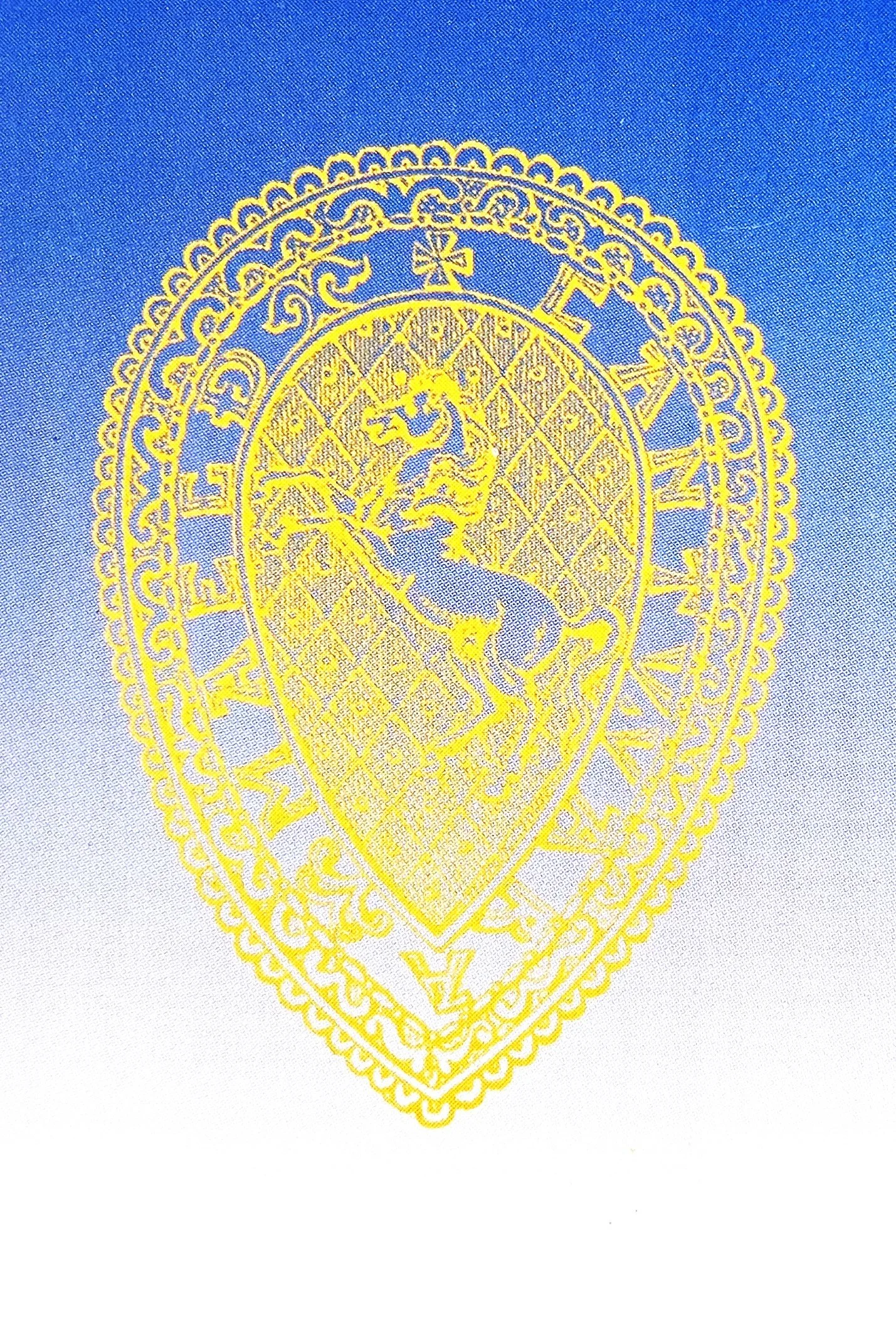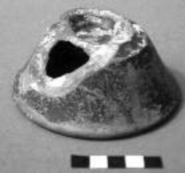KAS Newsletter, Issue 56 (Spring 2003). Maidstone: Kent Archaeological Society.
KAS Newsletter, Issue 56 (Spring 2003). Maidstone: Kent Archaeological Society.
KAS Newsletter, Issue 56 (Spring 2003). Maidstone: Kent Archaeological Society.
Mrs Jean Crane (Hon. Secretary CAS), 2003, KAS Newsletter, Issue 56 (Spring 2003). Maidstone: Kent Archaeological Society.
KAS Newsletter, Issue 56 (Spring 2003). Maidstone: Kent Archaeological Society.
KAS Newsletter, Issue 56 (Spring 2003). Maidstone: Kent Archaeological Society.
Lesley Feakes, 2003, KAS Newsletter, Issue 56 (Spring 2003). Maidstone: Kent Archaeological Society.
KAS Newsletter, Issue 56 (Spring 2003). Maidstone: Kent Archaeological Society.
KAS Newsletter, Issue 56 (Spring 2003). Maidstone: Kent Archaeological Society.
KAS Newsletter, Issue 56 (Spring 2003). Maidstone: Kent Archaeological Society.
KAS Newsletter, Issue 56 (Spring 2003). Maidstone: Kent Archaeological Society.
KAS Newsletter, Issue 56 (Spring 2003). Maidstone: Kent Archaeological Society.
KAS Newsletter, Issue 56 (Spring 2003). Maidstone: Kent Archaeological Society.
The Editor, 2003, KAS Newsletter, Issue 56 (Spring 2003). Maidstone: Kent Archaeological Society.
Dr. Jacqueline Eales, Reader in History, Canterbury Christ Church University College, 2003, KAS Newsletter, Issue 56 (Spring 2003). Maidstone: Kent Archaeological Society.
KAS Newsletter, Issue 56 (Spring 2003). Maidstone: Kent Archaeological Society.
KAS Newsletter, Issue 56 (Spring 2003). Maidstone: Kent Archaeological Society.
, 2003, KAS Newsletter, Issue 56 (Spring 2003). Maidstone: Kent Archaeological Society.
, 2003, KAS Newsletter, Issue 56 (Spring 2003). Maidstone: Kent Archaeological Society.
KAS Newsletter, Issue 56 (Spring 2003). Maidstone: Kent Archaeological Society.
The Editor, 2003, KAS Newsletter, Issue 56 (Spring 2003). Maidstone: Kent Archaeological Society.














Andrew Richardson, 2003, KAS Newsletter, Issue 56 (Spring 2003). Maidstone: Kent Archaeological Society.